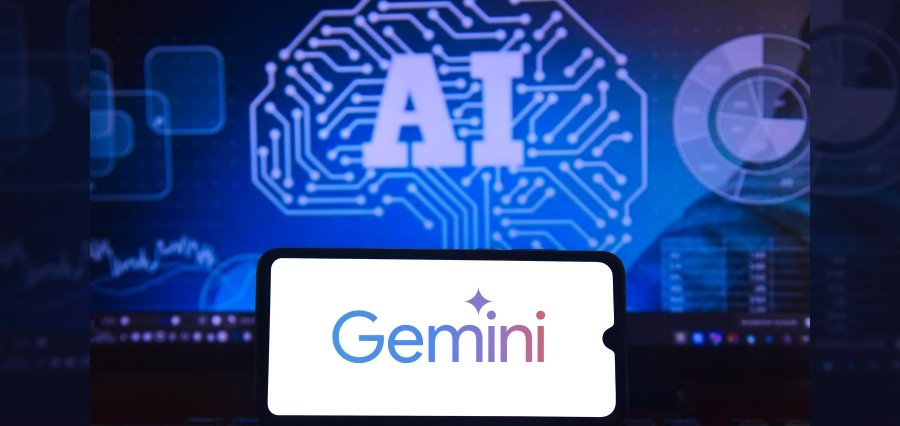Prime Highlights:
- Gemini for Education is now available in over 1,000 U.S. colleges and universities, helping more than 10 million students improve learning and research.
- Google has launched the Education Accelerator, a free program providing students with training and career certificates to build essential digital skills.
Key Facts:
- John Jay College used predictive tools to identify students at risk, raising graduation rates from 54% to 86% in just three years.
- Arizona State University improved enrollment predictions by 52% and sped up research collaboration using digital tools.
Key Background:
Gemini for Education is changing higher education in the U.S., now used in over 1,000 colleges and universities and helping more than 10 million students. It offers free, safe tools that support teaching, learning, and research, helping students understand ideas instead of just giving answers.
Google emphasizes that Gemini for Education is accessible to all accredited higher education institutions at no cost, including enterprise-grade data protections. Last month, Google started the Education Accelerator, a free program that helps college students in the U.S. learn new skills and earn certificates for future careers.
A number of the top higher learning institutions are already capitalizing on Gemini to transform the learning experience. San Diego State University (SDSU) has implemented university-wide Gemini and NotebookLM, which have enabled professors to save time and offer students real-time support. “For large classes, it’s like having a teaching assistant available whenever students need support,” says Dr. Elisa Sobo, Professor of Anthropology at SDSU.
The University of Hawaii System, which has ten campuses and serves 50,000 students, introduced a free five-hour program called Google Essentials to help students and faculty learn important digital skills. Wendy Hensel, president of the University of Hawaii system, highlighted the importance of giving students and staff skills that are useful in today’s tech-focused world.
Indiana University (IU) has made digital skills a part of its education. In the Gen 101 course, students and teachers design study aids, workflow tools, and practice exercises to enhance learning.
Results are also being realized in other colleges. By using the tools, John Jay College predicted students who might have struggles and increased the rates of graduation, which were 54 to 86 percent within three years. Arizona State University (ASU) made better predictions of enrollments using technology, which boosted online enrollments by 52 percent and accelerated research projects.





